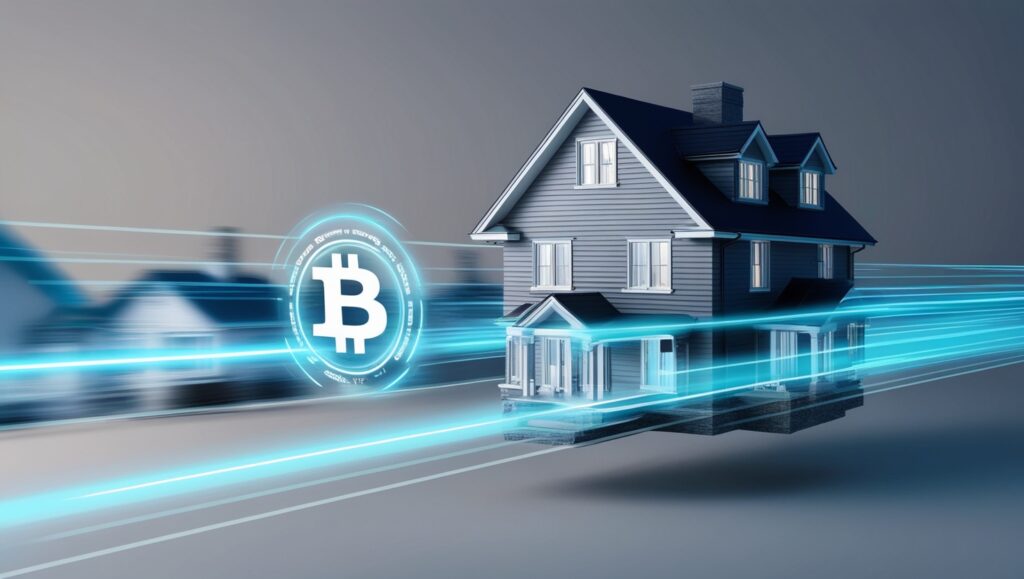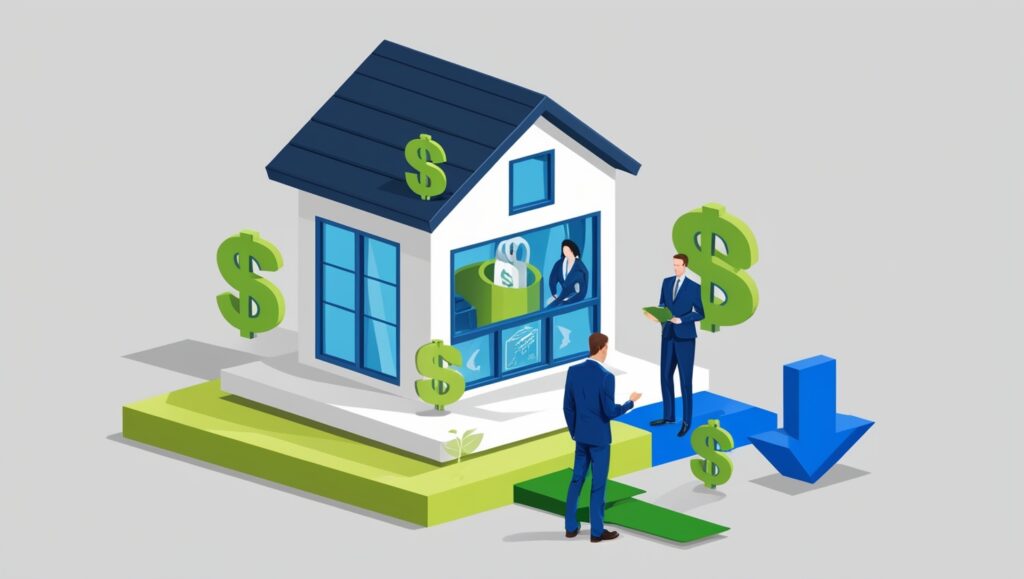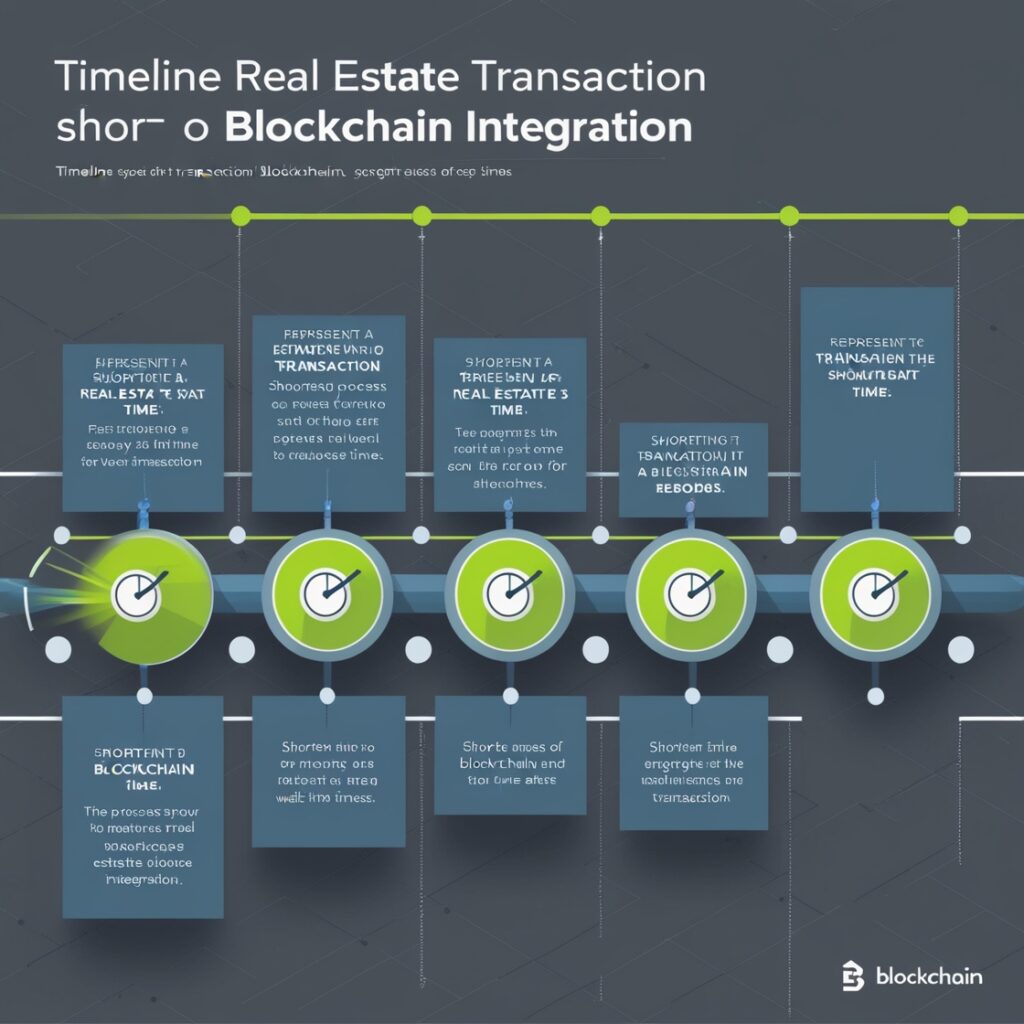
Benefits of Blockchain in Real Estate
Blockchain is no longer just about cryptocurrencies. It’s changing industries, and real estate is no exception. By offering more transparency, security, efficiency, and accessibility, blockchain is transforming how properties are bought, sold, and managed. Here’s a closer look at how this technology can benefit the real estate sector.

Increased Transparency in Transactions
Real estate has long been plagued by complex and opaque processes. Blockchain simplifies this by providing a clear and trustworthy framework for transactions.

Immutable Records
Traditional property records often rely on paper documents and centralized systems. This can lead to fraud, errors, or misplaced data. Blockchain solves this with its immutable ledger. Once recorded, information in a blockchain can’t be altered or deleted. This ensures property titles, ownership histories, and contracts are secure and tamper-proof. Fraudsters have a much harder time faking documents when every action is permanently tracked.

Real-Time Updates
Blockchain makes keeping track of property records far easier. Buyers, sellers, and brokers get real-time updates on property ownership and transaction status. No need to wait weeks for paperwork to process or rely on outdated systems. Everything happens quickly and remains up-to-date, reducing misunderstandings and delays.

Enhanced Security Measures
Real estate involves sensitive data, from financial details to personal identification. Blockchain provides advanced security features to protect this information.

Decentralization of Data
In a centralized system, all data is held in one place. A single breach could expose every file. Blockchain decentralizes data, making it much harder for hackers to get in. Instead of being stored on one server, information is distributed across a network. Even if one part of the system is compromised, the rest remains secure.

Smart Contracts
Smart contracts are self-executing programs stored on a blockchain. They trigger actions once all agreed terms are met. In real estate, smart contracts automate key processes, like transferring funds or updating ownership. They reduce the need for lawyers, escrows, or middlemen. This not only saves time but also ensures transactions are executed exactly as intended.

Cost and Time Efficiency
Real estate transactions often involve high fees and long waiting periods. Blockchain streamlines these processes, making them faster and cheaper.
Lower Transaction Fees
Traditional real estate deals come with hefty costs—legal fees, agent commissions, bank fees, and more. Blockchain reduces or eliminates the need for intermediaries. Peer-to-peer transactions mean fewer parties to pay. Whether you’re transferring ownership or handling rent payments, the cost drops significantly.
Faster Closing Processes
Waiting weeks or months to close a property deal is frustrating and inefficient. With blockchain, this timeline shrinks. Smart contracts handle much of the work, eliminating delays caused by manual approvals and excessive paperwork. Blockchain systems allow transactions to close quickly, freeing up time and resources for everyone involved.
Improved Accessibility and Inclusion
Real estate has traditionally been out of reach for many people. Blockchain is opening the doors to a more inclusive market.
Fractional Ownership
Not everyone can afford to buy an entire property. Blockchain introduces the concept of fractional ownership, where investors can purchase small portions of a property. For instance, rather than buying a $500,000 apartment, you can invest $5,000 and own a percentage. This lowers the barrier to entry and allows more people to benefit from real estate profits.
Global Reach
International investments in real estate often involve complex regulations and currency exchanges. Blockchain simplifies cross-border transactions by removing these hurdles. Investors from anywhere in the world can easily buy, sell, or trade property using blockchain platforms. This global reach expands opportunities for both buyers and sellers.
Conclusion
Blockchain is bringing transparency, security, and efficiency to real estate. It builds trust with immutable records, boosts security through decentralization, and speeds up processes with smart contracts. It’s also lowering costs and making investing accessible on a global scale.
If you’re in the real estate market or looking to invest, it’s worth paying attention to how blockchain technology is shaping the industry. With so many benefits, it might just redefine the way we think about property transactions. Why not explore how blockchain could make your next real estate venture smarter, faster, and more secure?
